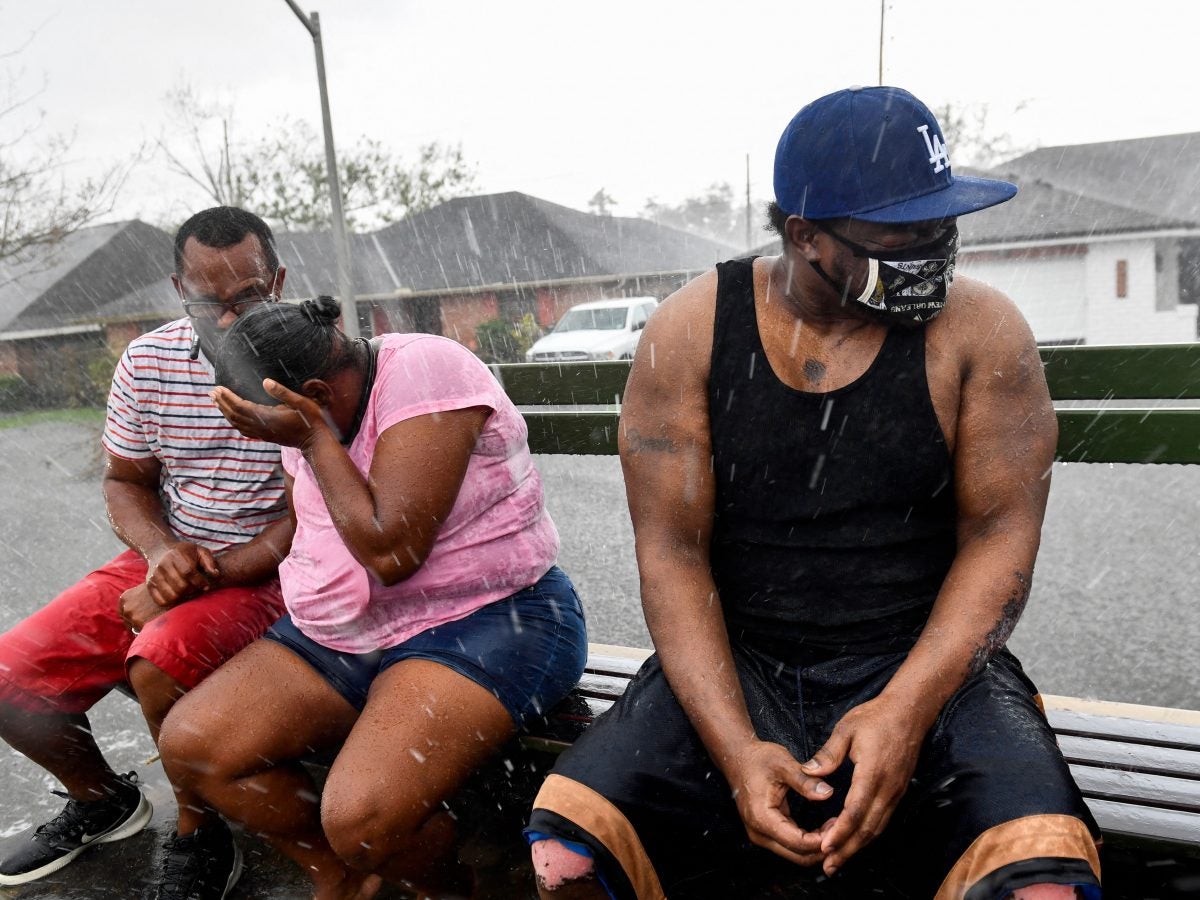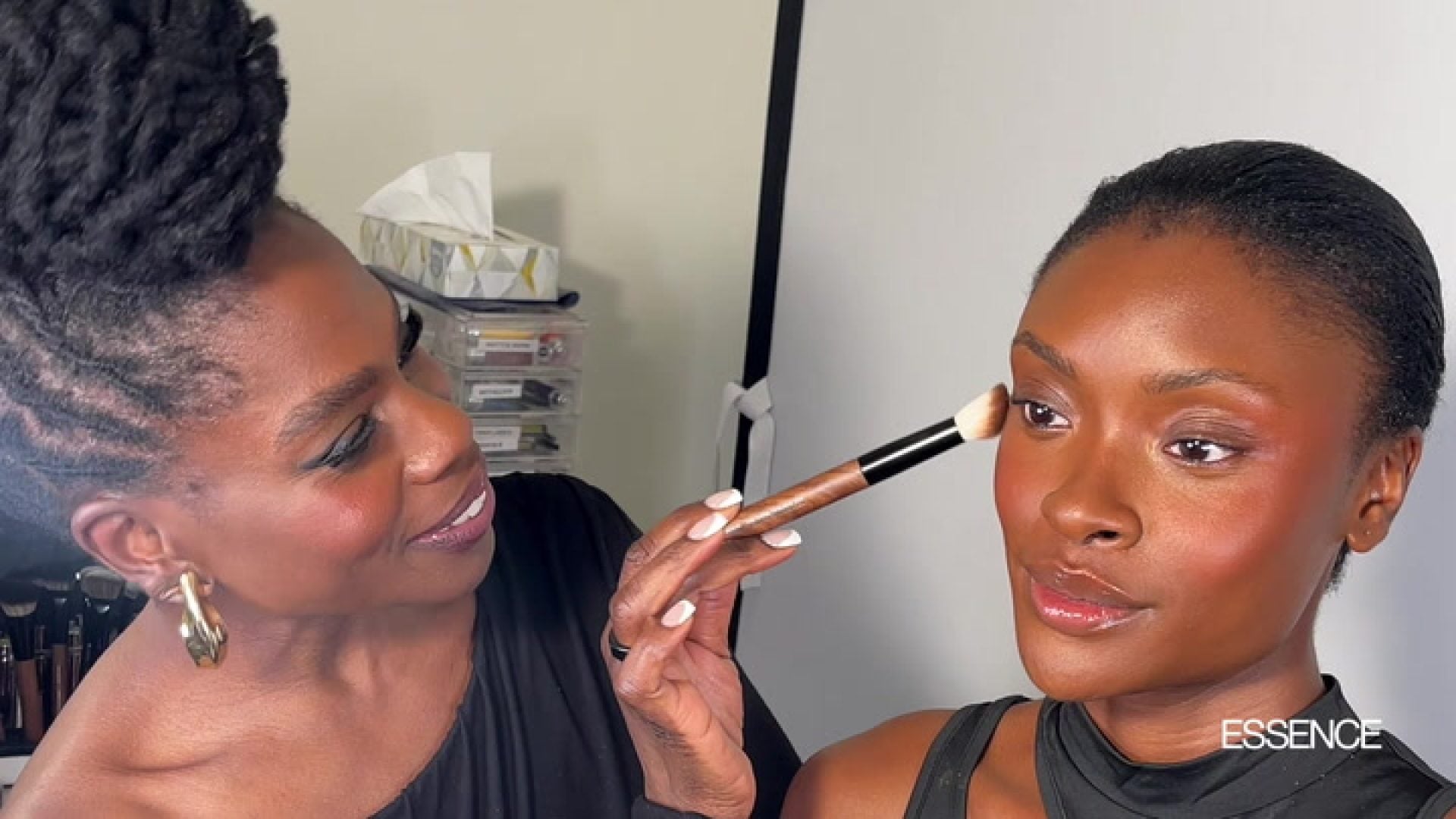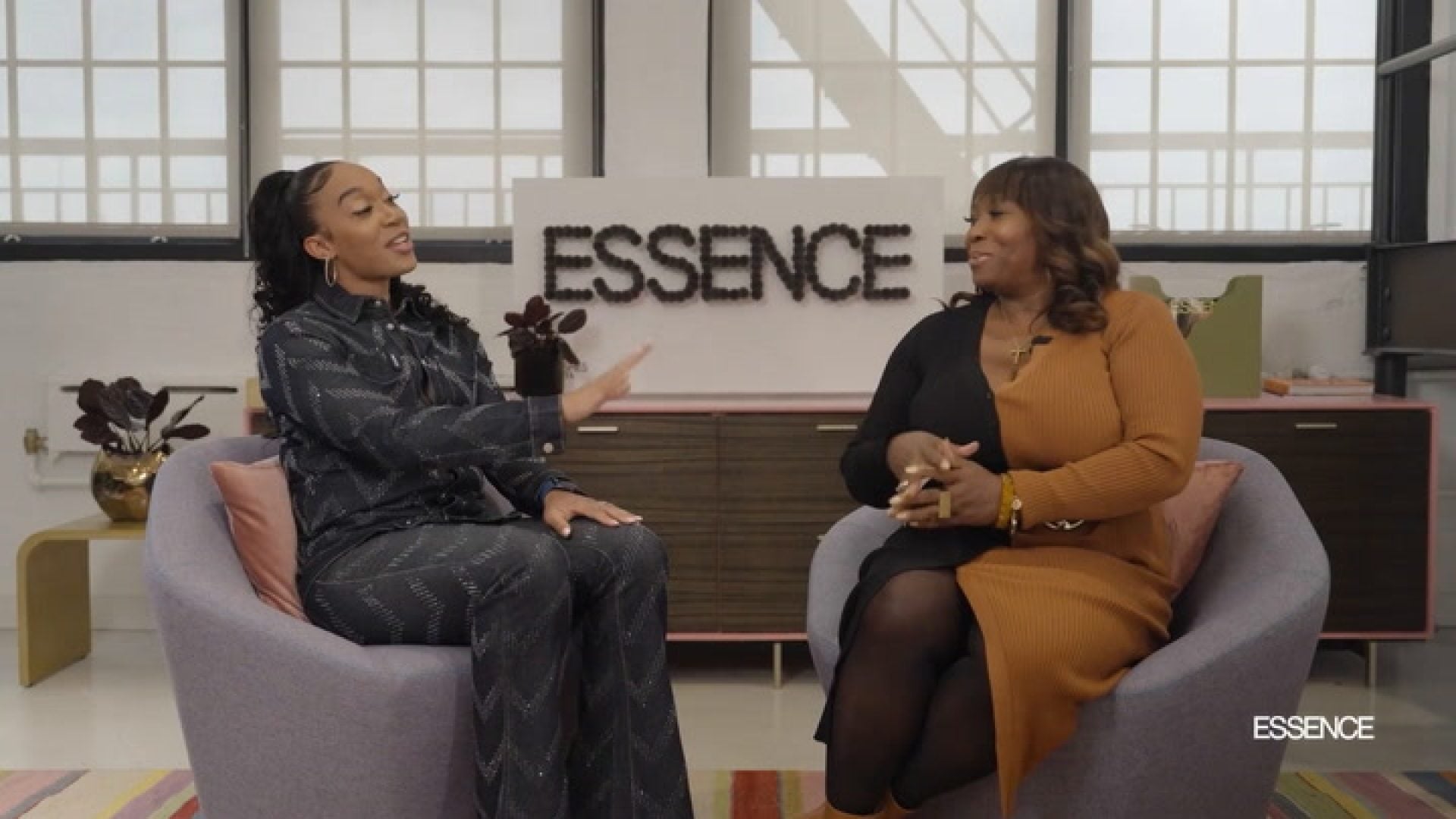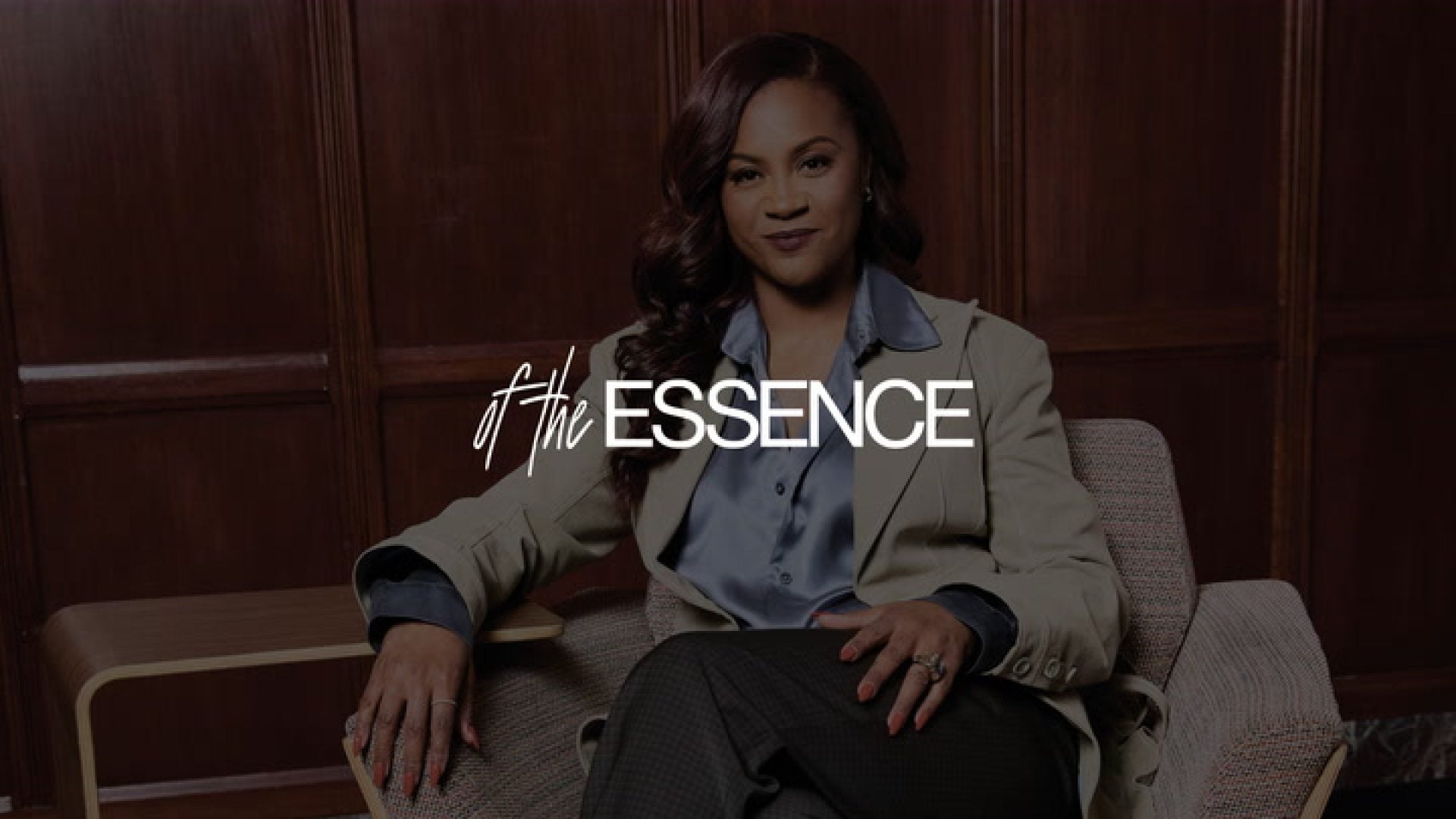
In a blink of an eye, the people of Louisiana went from processing one of the worst pandemics in a generation to trying to survive Hurricane Ida. This happened even as the memories of Hurricane Katrina, 16 years earlier, brought fresh rounds of trauma. While I peddle in hope, I must emphatically state that all is not well.
Louisianians are living without electricity during one of the hottest periods of the year. Without electricity, persons needing to store medication such as insulin, have been unable to do so. It may be tempting to question why people didn’t evacuate, but leaving a region requires resources such as reliable transportation, money for food, temporary shelter, and the ability to transport those who are sick or elderly. Many people simply didn’t have the resources to leave. For those who did, many have been told not to return. Where do they go? How long can they stay? How can they support themselves?
What Black people in the region need most is to be made whole. They were not made whole following Hurricane Katrina in 2005 or Hurricane Laura is 2016. While media coverage faded, the pain and suffering of Black Louisianians has not. They need local and state leaders to release COVID-19 related funding and other resources to help them weather yet another storm.
It is one thing to be hailed as resilient, as the people of Louisiana have been, especially following Katrina. It is another to wonder if you will survive in the days, months and years following one horrific storm after another. Even though Katrina occurred over a decade ago, not everyone has recovered. Not everything has been built back better.
But setting the storms aside for a moment, a pandemic with no discernable end in sight has taken a toll.
Research indicates that Black women who became infected with COVID-19 have had higher risks of complications and mortality compared to their non-Black counterparts. Black people were also more likely to be classified as essential employees, and therefore more likely to be denied remote work opportunities, at the same time school closures forced more children to learn at home. Being classified as an essential worker also meant being more likely to be on the frontlines of the pandemic, with increased exposure to COVID-19.
There have been other impacts as well. In April 2021, US News & World Report reported “In February 2020, right before the coronavirus was declared a pandemic by the World Health Organization, Black women had an employment to population ratio of 60.8%; that now stands at 54.8%, a drop of 6 percentage points.”
So now, Louisiana sits at the crossroads of devastation. The trifecta of pain is threatening lives, livelihoods, and livability. While this crisis impacts everyone, it will have a disproportionate impact on women, especially Black women, families with low-wealth and persons living in poverty. These communities must therefore be at the center of recovery. They cannot be pushed to the side by contractors who charge too much and deliver too little. Nor should they be held in abeyance by elected officials who have honed their public speeches but not their follow-through. Recovery must include, indeed be driven by, the people closest to the pain.
Further, during times of instability, we must remember that women and girls are particularly vulnerable. In a piece for the New York Times, writer Lauren Jackson substantiated author Katherine K. Wilkinson’s sentiment that the climate crisis is not gender-neutral:
“Men have a larger carbon footprint than women, by 16 percent, according to one study. And the top 1 percent of income earners globally, who are overwhelmingly male, are responsible for more carbon emissions than the bottom 50 percent of earners. According to the U.N., that’s roughly 70 million at the top compared with 3.5 billion at the bottom. Yet it is women and girls who bear the burdens in the wake of more frequent climate disasters. Those burdens include displacement — 80 percent of people displaced by climate change are women — as well as increased homelessness, poverty, sexual violence and disease.”
I want to remind people that yes, Louisiana is full of beautiful, resourceful people. But folks cannot continue to expect us to be resilient. Resilience is a short-term condition where one stretches themselves until problems can be resolved. The idea that resilience is a permanent state is a myth supported by white supremacy. Failing to address structural problems while labeling the people enduring such problems as resilient is gaslighting.
Government, at all levels, must respond differently. They must absorb the lessons that have be offered time and time again. Recovery must center communities that have been left behind in previous efforts. Black women, persons of low-wealth, and rural communities must be prioritized.
Regardless of what anyone says, we cannot excuse the suffering of marginalized people as a matter of fate; it is a matter of political will. Their challenges are not a result of personal failings or character deficits; they are a function of social engineering that rewards the powerful at the expense of everyone else.
As we seek to process this latest battering, we must also consider the impact of the climate crisis. We know that due to the climate emergency, natural disasters are occurring with increasing frequency. We also know that people with the smallest carbon footprint bear the brunt of the climate crisis yet are not resourced to help weather it. It is imperative that we transition to renewable energy and do so in a way that is equitable and just. We must also invest in a climate change workforce that can respond when we rebuild.
But most importantly, we must also stop asking directly impacted people, especially Black women, to be resilient. Our communities can ill afford anything else.
Ashley Shelton is the executive director of the Power Coalition for Equality and Justice and a member of the Black Southern Women’s Collective. She is based in Baton Rouge, LA.













